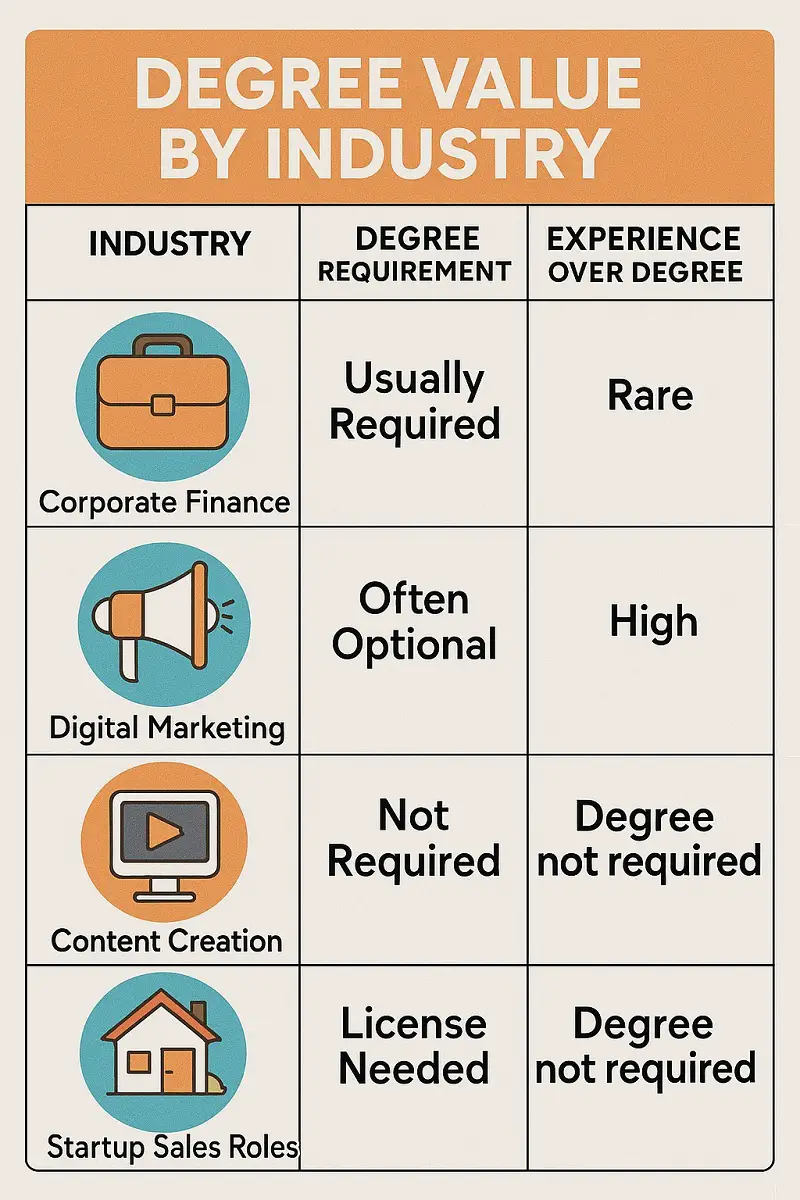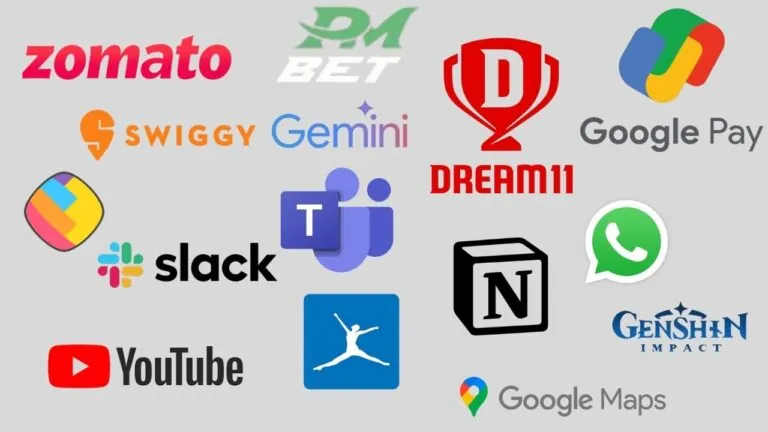Success in business does not always follow a traditional academic path. Many entrepreneurs and professionals have reached the top without stepping into a college classroom. Skills, initiative, discipline, and real-world application can outweigh a degree when the right mindset and resources are in place.
Informal education can fill many gaps. Online platforms, workshops, mentorships, and even books by experienced business leaders offer strong guidance. Learning through real examples and direct professional advice can lead to more info that many formal programs never cover.
This article looks at real success stories, valuable alternatives, and how to enter the business world without relying on formal education.
Table of Contents
ToggleEntrepreneurs Who Succeeded Without Formal Education
Success in business does not always come with a diploma. Several well-known entrepreneurs built powerful companies without attending or finishing college. They relied on ideas, work ethic, and risk-taking to break into business.
Henry Ford: Mechanic to Industrial Giant
Ford left school at age 16. He worked on farm machines and studied engines alone. Years later, he founded Ford Motor Company and changed global industry through the assembly line.

Madam C.J. Walker: Self-Made Millionaire
Walker had no access to formal education. She built her haircare company by learning customer needs, creating products, and growing her brand through word-of-mouth.

Traits Behind Their Success
- High risk tolerance
- Direct action without delay
- Problem-solving through observation
- Focus on clear, unmet customer needs
Value of Informal Education and Practical Learning
Learning does not always require classrooms or degrees. Informal education covers a wide range of tools and experiences that prepare people for real business situations. Some of the most effective lessons come through trial, error, and direct contact with professionals.

Forms of Informal Education
- Online video courses and certification platforms
- Books by CEOs and market leaders
- Interviews, podcasts, and documentaries
- Local workshops or industry seminars
- One-on-one mentoring and coaching
Benefits Over Formal Schooling
- Flexible schedules
- Lower or no cost
- Up-to-date insights from real-world practitioners
- Focus on practical use, not academic theory
Online Resources, Mentorship, and Self-Taught Skills
Not all knowledge comes from institutions. Many people in business gain real value through hands-on learning and direct access to information. Some rely on trial, but others learn faster with strong online tools or mentors.

Direct Learning Options That Work
- YouTube Channels such as Valuetainment or The Futur
- Specialized Platforms like HubSpot Academy or Google Skillshop
- Email Newsletters by top marketers or investors
- Live Q&A events with business coaches
Mentorship Over Degrees
Mentors offer real-time advice, personal stories, and access to networks. No textbook can match that.

Key benefits of mentorship:
- Feedback tailored to current challenges
- Early warning against costly mistakes
- Moral support during setbacks
- Access to clients, partners, or investors
Real Skill Application Without a Degree
| Skill | How It Is Gained Outside School | Where It Helps |
| Customer Communication | Practicing sales, working in service roles | Building trust, closing deals |
| Budgeting | Managing small projects or freelancing income | Running a lean operation |
| Product Design | Watching user testing videos, prototyping | Launching offers people actually want |
| Team Coordination | Volunteer groups, family businesses | Leading teams without corporate structure |
Fields Where Real Experience Matters More Than a Degree
Certain fields favor experience, attitude, and execution over academic background. In these areas, clients or employers care about results, not diplomas.

Sales and Direct Client Work
Sales jobs often reward performance above all. Someone who consistently meets targets will outrank a college graduate with no results.
Common entry points into sales:
- Commission-based retail or call center roles
- Lead generation for startups
- Real estate or car sales without a license requirement
Tech and Creative Fields
Design, software, and digital marketing all value proven output. Portfolios matter more than paper.
Top entry-level freelance services:
- Web design and development
- Ad campaign management
- Email copywriting
- SEO auditing

Degree Value by Industry

Sales, Tech, and Entrepreneurship as Proven Paths
A person can enter business through real action. No license or degree will replace the daily push required in sales or entrepreneurship. Those who move early into client-facing roles or startup environments often build success by solving problems and building trust.
Sales teaches communication, confidence, and fast adaptation. Tech provides tools to build digital products, automate tasks, and serve modern business needs. Entrepreneurship pulls together both: selling, building, leading, and growing without waiting for permission.
In sales, entry-level roles open the door. Call centers, retail floors, or startup sales teams often hire based on drive. Commission creates urgency. Results prove worth. A consistent closer becomes more valuable than someone with theory and no numbers.
In tech, coding bootcamps, free documentation, and online projects allow anyone to build apps, tools, and websites. No degree can match a live project used by real clients.
Entrepreneurship is for those with vision and grit. Many start with basic services: cleaning, landscaping, digital marketing, or tutoring. They learn to pitch, serve, and expand. The first sale gives momentum. The second proves it is possible. Growth happens fast when the feedback loop stays short.
Each of these paths rewards effort, not credentials.
How to Gain Business Experience Without a Classroom

Real experience matters. Without a structured degree path, every task and challenge becomes a lesson. The most successful business minds built their experience by doing. They handled customers, faced failure, tested products, and learned what worked.
Start by offering a service. Choose something simple. Charge a small fee. Overdeliver. Ask for feedback. That cycle builds practical skill and confidence.
Look for internships or entry-level roles in startups or small businesses. These often offer more responsibility and closer access to founders than large corporations. Watch how they handle operations, clients, and marketing. Take notes. Ask questions. Learn fast.
Volunteering also builds value. Local events, nonprofits, or small community groups always need help. Offer to run their website, plan an event, or improve communications. These tasks become real business practice.
Keep a record. Save testimonials, track results, and create a portfolio. Every win, even small, becomes proof of ability. Over time, that becomes more powerful than any degree.
Final Words
A formal education may offer structure, but it is not a requirement for success in business. Many professionals have reached high levels of achievement without a degree by focusing on skill development, consistent action, and strong relationships. Every opportunity to create value, solve a problem, or deliver results becomes part of a personal track record that holds weight across industries.
Success without a degree demands clarity, discipline, and initiative. Those who thrive in this path do not wait for approval or credentials. They seek out knowledge actively, stay committed to improvement, and treat every experience as a chance to grow.










